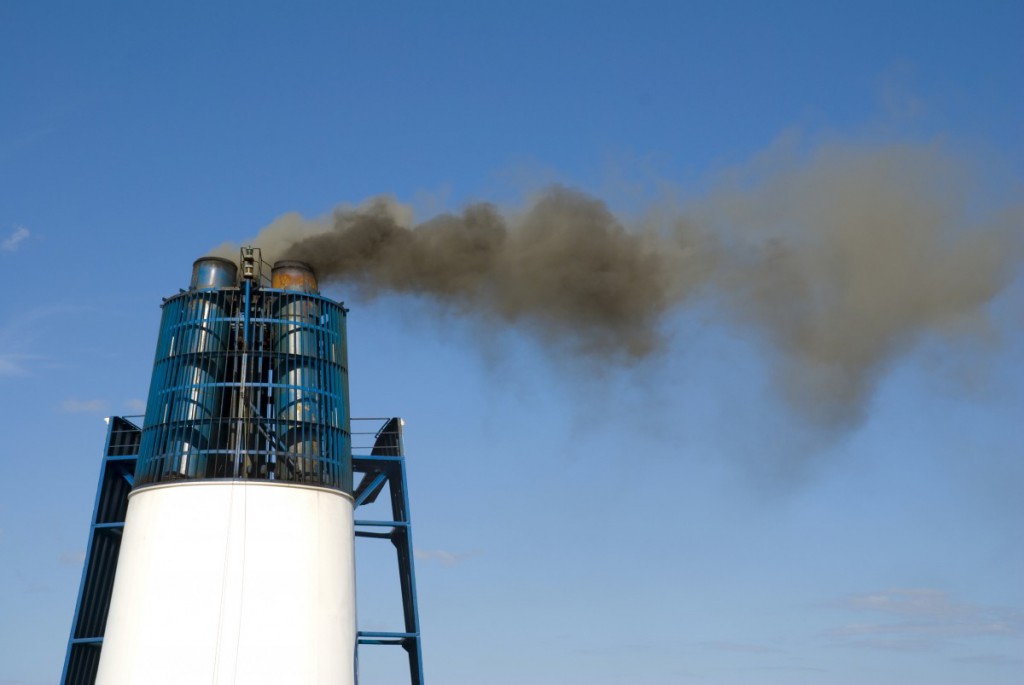
With the new action plan for 2016, published by the Danish Maritime Authority and the Environmental Protection Agency, regulations on ships’ sulphur emissions will gain more focus in both Denmark and the SECA (Sulphur Emission Control Area) countries.
The goal of the action plan, made in cooperation with the Danish Shipowners’ Association, is to further pursue the experiences gained by the authorities in 2015 through surveillance from the air and control in ports, the Danish Maritime Authority said.
Under the action plan, due to the necessity of collecting data from various sources, international cooperation in the EU and in the IMO as well as in the networks established between the SECA countries is expected to be further extended.
The action plan also contains initiatives focusing on the development of new surveillance technology, on fuel suppliers and on the promotion of investments in technology making it possible for ships to comply with the sulphur emission requirements.
“With the new plan for 2016, we want to extend the cooperation between the Danish authorities and to further strengthen our international cooperation – also in relation to the global sulphur limits of the future,” said Director General of the Danish Maritime Authority, Andreas Nordseth.
With the first action plan from 2014, the Environmental Protection Agency and the Danish Maritime Authority launched a number of initiatives. Inter alia, the number of controls of the sulphur content of ships’ fuel has doubled in Denmark, and surveillance from the air in Danish waters is carried out by means of so-called “sniffers”. These efforts are now supported by the new action plan.
“Until now, surveillance has shown that only very few ships violate the regulations. This is positive. But, there is still a need for efficient control and enforcement in both Denmark and the other SECA countries. The strengthened efforts make it possible for us to ensure a level playing field for law-abiding shipowners, while reducing harmful ship pollution,” says Vice Director of the Environmental Protection Agency, Michel Schilling.
According to DMA, in 2015, considerable economic and competitive advantages have predominantly kept shipowners compliant.
(From: World Maritime News)